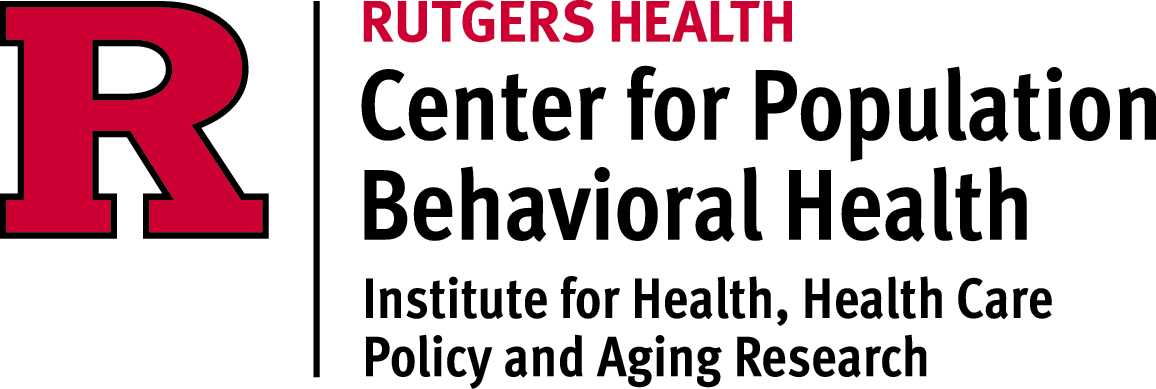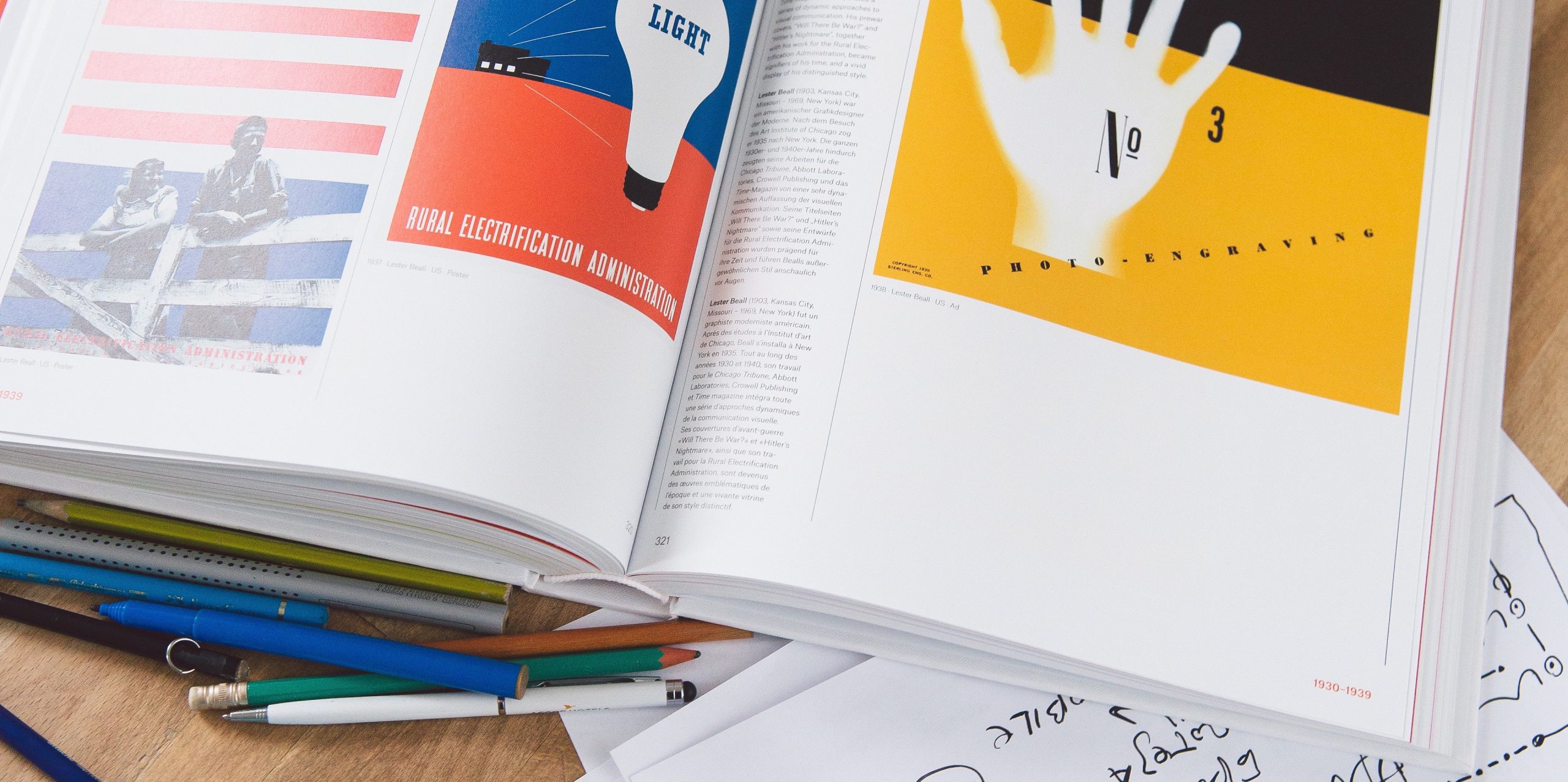

Haeny, A.M.; Holmes, S. C.; Woerner, J/; Hicks, T. A.; Ahuja, M.; Overstreet, C.; Amstadter, A.; Sartor, C. E.
The theory of shattered assumptions proposes that experiencing traumatic events can change how people view themselves and the world. Most adults experience a traumatic event during their lifetime, and some subsequently develop post-traumatic stress disorder (PTSD). However, the current conceptualization of trauma (i.e., Criterion A PTSD) may be too narrow to adequately capture the range of potentially traumatizing events that People of Color experience, including racial discrimination and neighborhood disadvantage. This study investigated the association of racial discrimination and neighborhood disadvantage with core beliefs about the world being safe and predictable (i.e., world assumptions) among a sample of Black, Latine, and Asian young adults. Multi-step analyses of covariance tested associations between racial discrimination and neighborhood disadvantage with world assumptions and whether these held in the context of other traumatic exposures. Results indicated that racial discrimination negatively impacted world assumptions among Asian young adults only and this effect remained in the context of trauma. In addition, low neighborhood support negatively impacted world assumptions across all racial groups and neighborhood violence negatively impacted world assumptions among Latine young adults only; however, this effect did not remain in the context of trauma. This study indicates it is worthwhile to consider other adverse events in the conceptualization of trauma, such as racial discrimination and neighborhood disadvantage, that may impact world assumptions and contribute to subsequent post-trauma psychopathology.
Keywords: PTSD; community violence; cultural contexts; ethnicity; hate crimes; mental health and violence.
Read at publisher’s website: https://journals.sagepub.com/doi/10.1177/08862605221137701